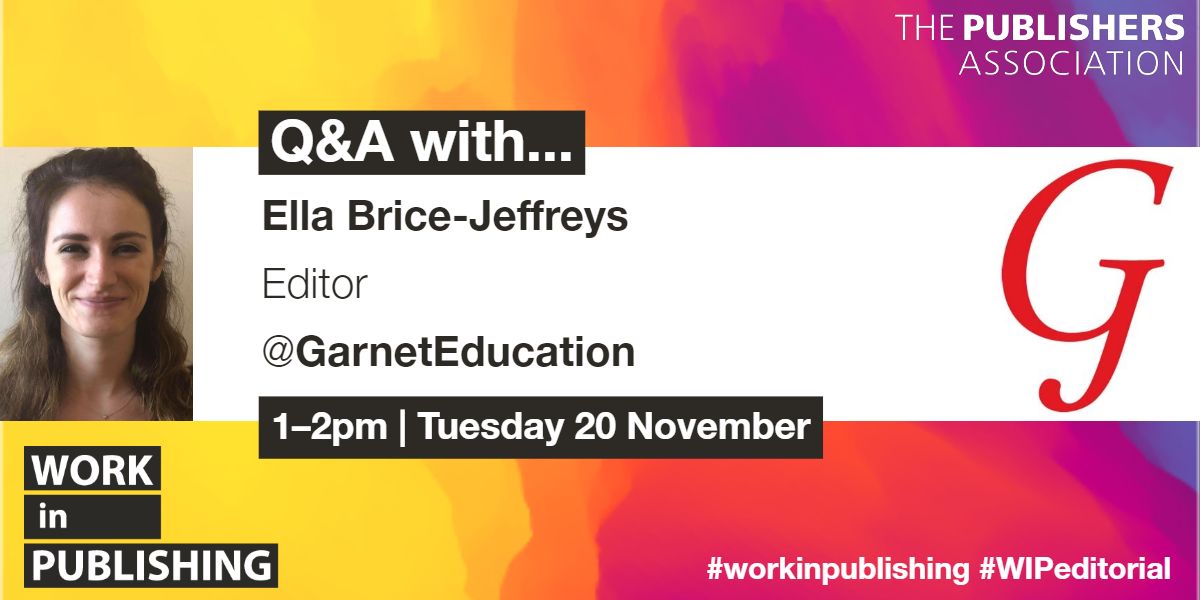
How did you get your job in editorial?
I did an English Literature degree and master’s, teaching English as a Second Language in the two years between. I started here as a Publishing Assistant, and an editorial post opened up a few months ago, so I put myself forward for it!
What are some of the key skills you need to work in editorial?
I’d say a good knowledge of grammar (I have to constantly brush up on this!), good communication, an eye for detail, and the ability to work efficiently but without rushing and missing something!
How is editorial different for educational publishing?
Working in ESL (English as a Second Language) publishing means there is often a clear structure to follow. We have to be aware of the students’ English level. Also, textbooks are more visual, so we have to factor in how the page will look.
Who do you work with day-to-day?
We have a small, collaborative office. In a day, I work with my manager on a variety of tasks. Also, Design, to discuss layout and images, Production, to work on final proofs and permissions, and sometimes Digital, helping with interactive books.
What is the biggest project you have worked on?
We have been working on a 12-level English course with a ministry of education that is ongoing. With three components per level, that’s a lot of books!
How does the author-editor relationship work in educational publishing?
We have some really experienced authors who often work with us on multiple books. Therefore, they know the score pretty well! We discuss permissions and collaborate on the manuscript up until the proofs stage.
What kind of feedback do you most frequently give to authors?
We sometimes work on re-wording sections of text, to make sure they are appropriate for the level and country of the students. Also, we may have to edit down titles or subtitles to fit them on the page.
What kinds of projects do you work on?
At the moment, I’m working on an academic English course called Moving into, and I’ve recently finished helping create content for an educational app. My workload is quite varied!
How important is it to have a strong grasp of ELT methodology in order to find work as an editor in ELT publishing?
I think it’s important to show a knowledge of this, but it definitely depends on the level of editing you’re doing! I would say a strong grasp is vital for content editing, but for copy editing/proofreading, some knowledge of methodology and good command of English grammar is what you need.
What is the most common job you do on a normal working day?
Generally, I’m checking off corrections on proofs I’ve given to Design, proofreading, or cross component checking.
What is your favourite thing about working in publishing?
Feeling like I’ve done a thorough job and made sure everything’s perfect. Learning all the little intricacies about editing. Collaborating with co-workers and other organisations to create a well-made book. (Sorry, I couldn’t choose just one!)
First published on the Publishers Association’s website: https://www.publishers.org.uk/activities/careers/work-in-publishing-week/blog/working-in-editorial/
Work in Publishing Week (19th-23rd November 2018) is a week long campaign to celebrate careers in publishing.


